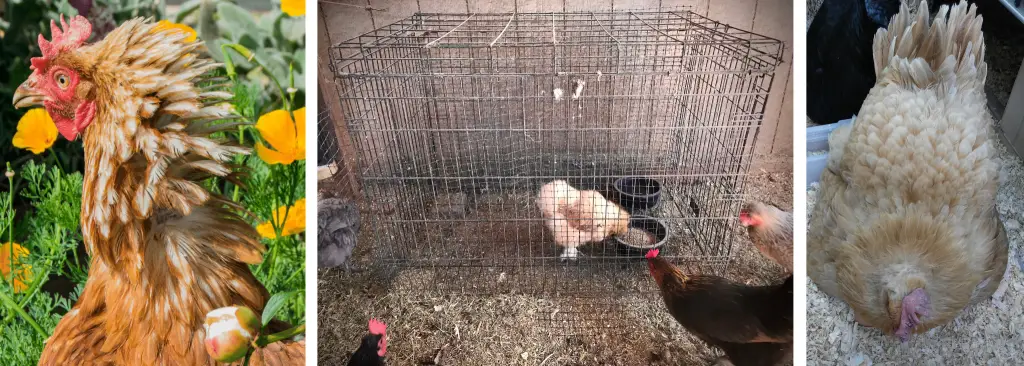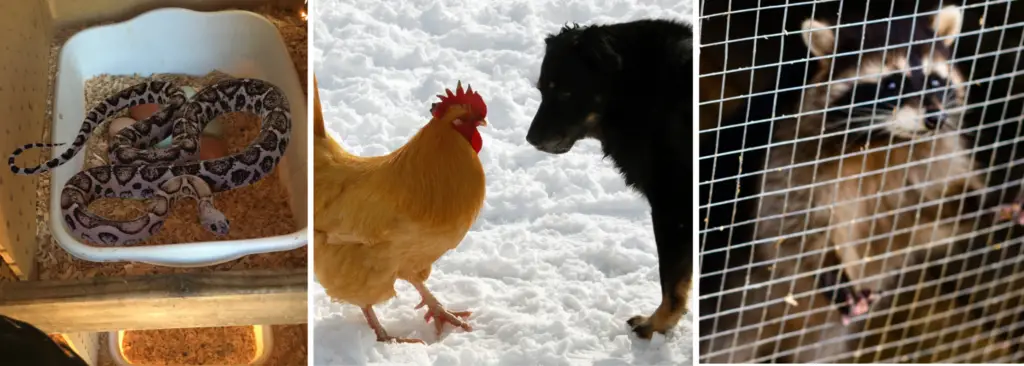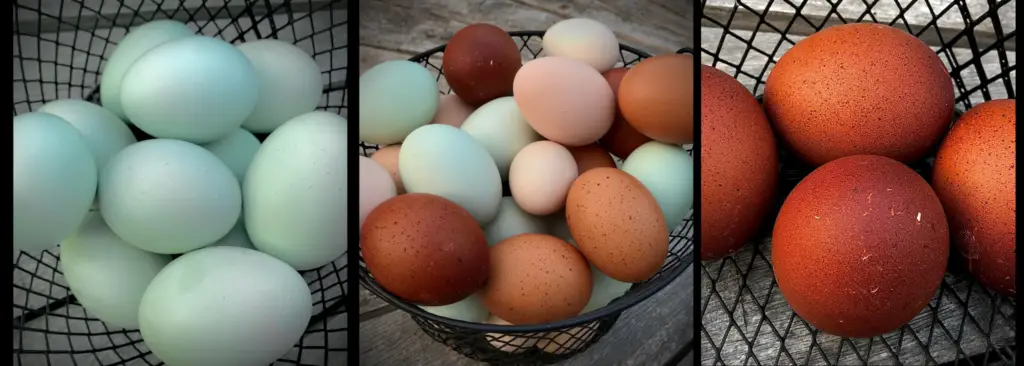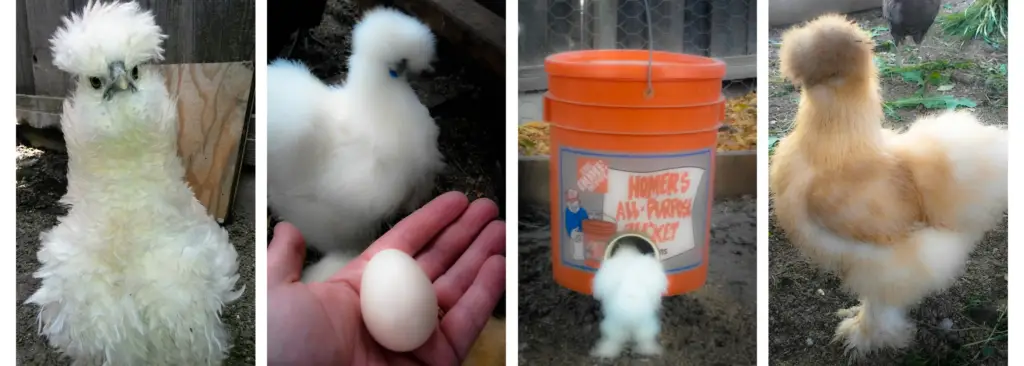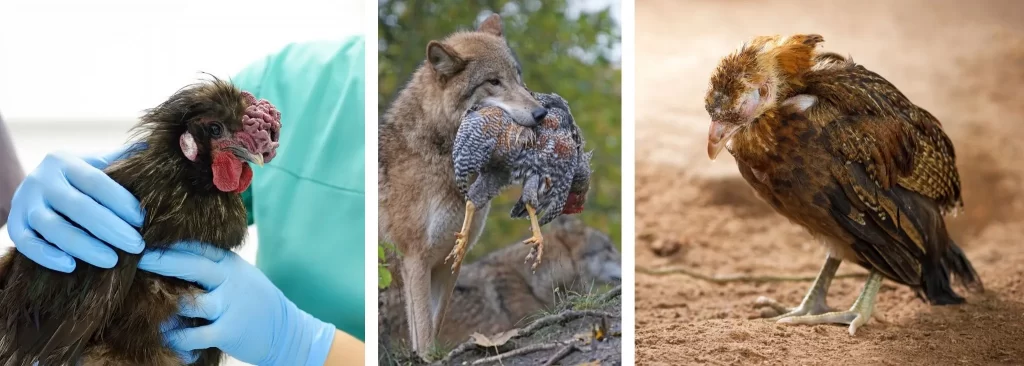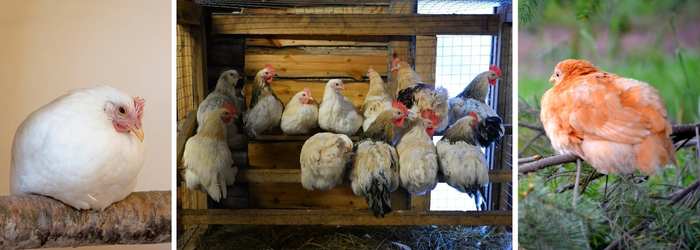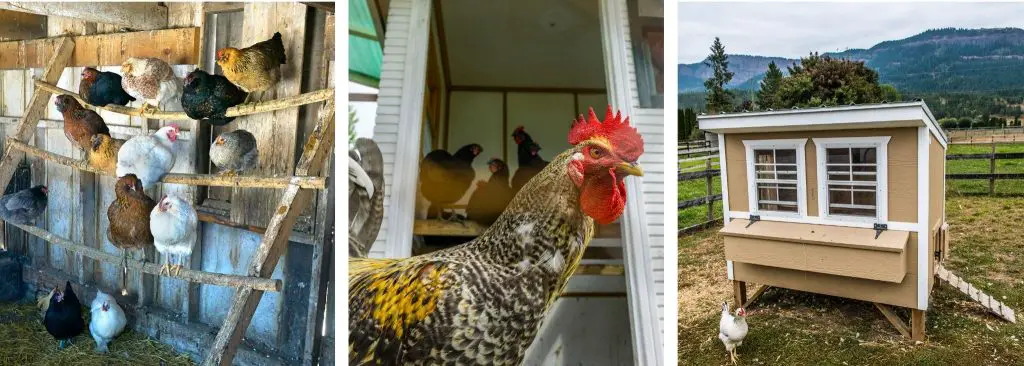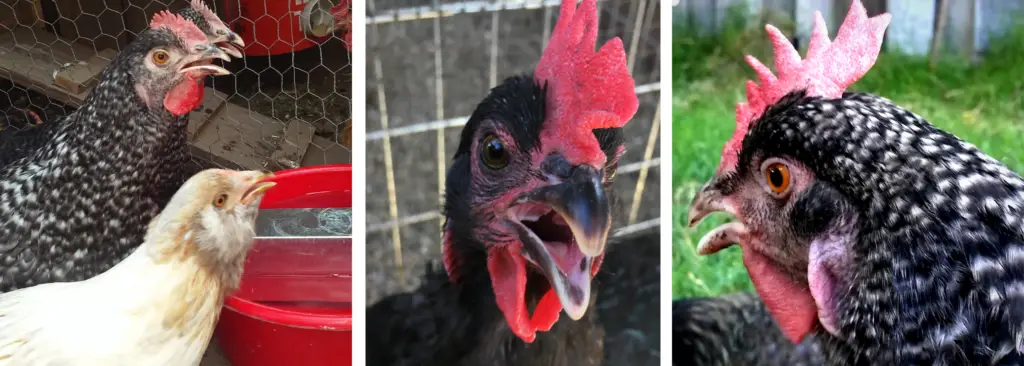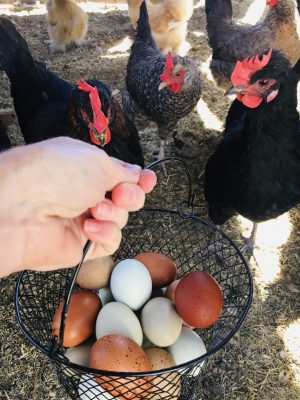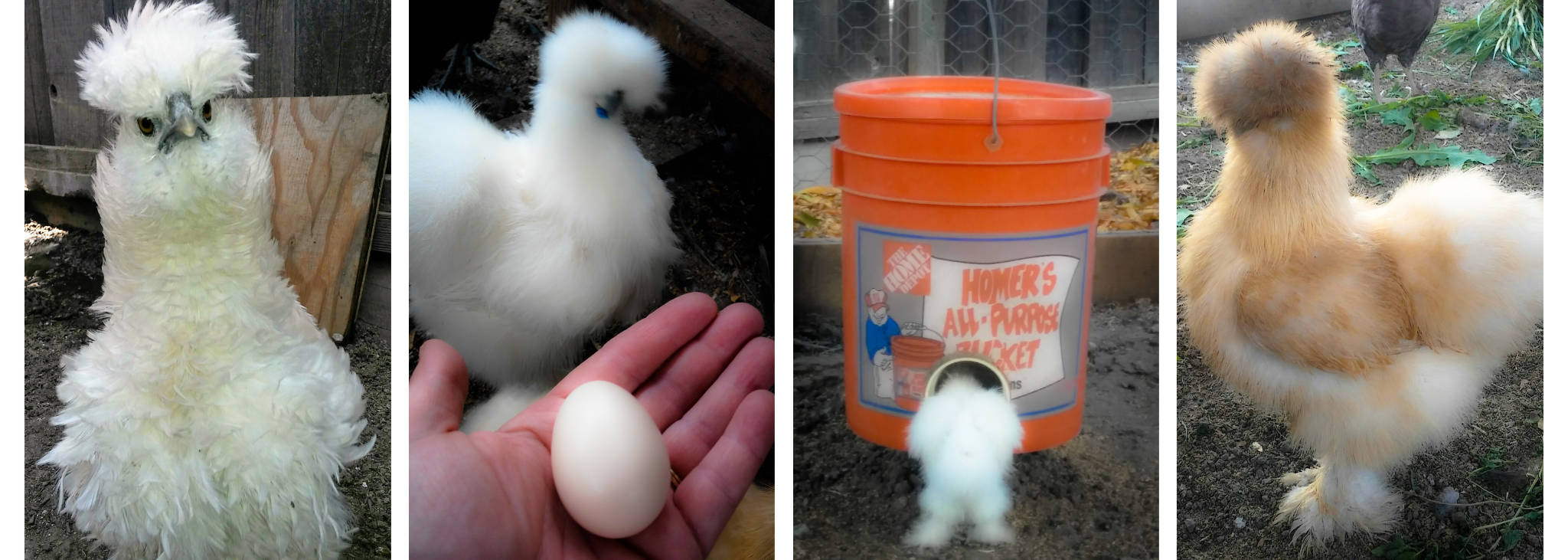
Silkie chickens are unlike any other chicken breed. They possess many unique qualities that make them an excellent pet for the entire family. Because they are so different, they require a little extra TLC. Knowing how to properly care for them is key. Here are 14 rare facts about silkie chickens you need to know.
FAQ Silkie Chickens: 14 Rare Facts About Silkie Chickens You Need to Know
- FAQ Silkie Chickens: 14 Rare Facts About Silkie Chickens You Need to Know
- #1 Recognized Varieties and Colors of Silkies
- #2 Silkie Chickens Have a Very Unique Appearance
- #3 Silkie Chickens are the Most Broody Breed
- #4 Silkies Need Special Care
- #5 Silkie Chickens Egg Color and Laying Frequency
- #6 Silkie Chickens Have a Unique Personality
- #7 Silkie Chickens Have a Unique Background
- #8 How long do Silkie Chickens live for?
- #9 Do Silkie chickens lay edible eggs?
- #10 Are Silkies noisy?
- #11 Do Silkies roost at night?
- #12 How hot is too hot for Silkie Chickens?
- #13 How cold is too cold for Silkie Chickens?
- #14 At what age do Silkies start laying eggs?
- Conclusion: 14 Rare Facts About Silkie Chickens You Need to Know
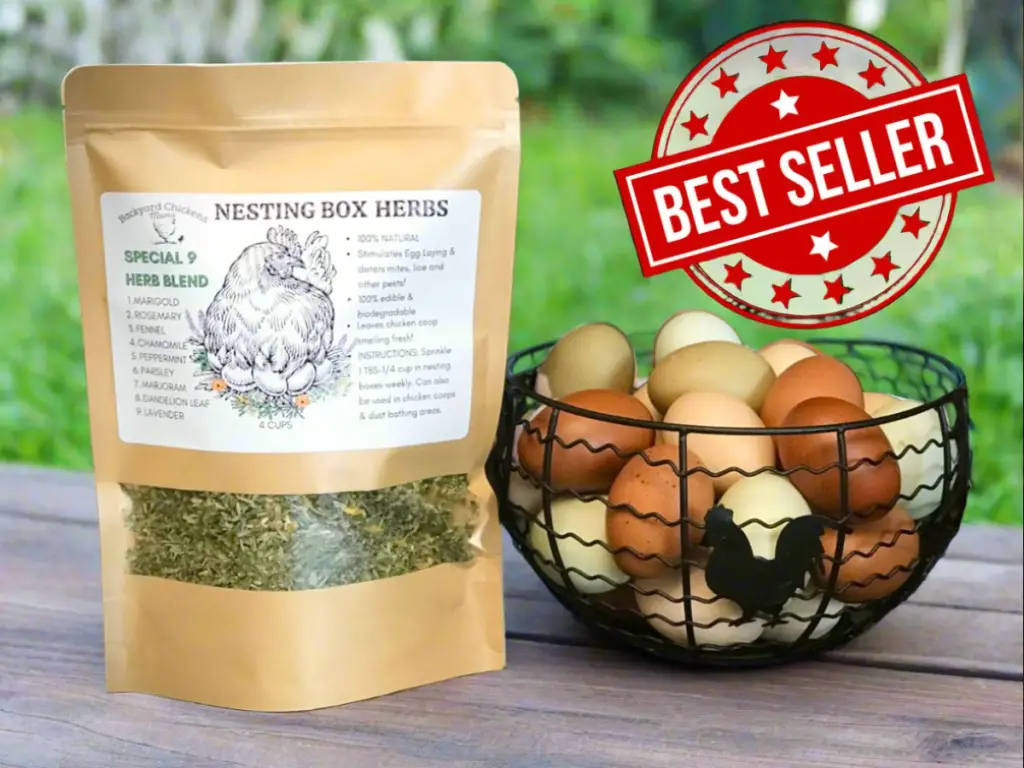
Increases egg laying naturally.
- Improves chicken health.
- Deters parasites: mites, lice, fleas & flies as well as mice, rats, raccoons, coyotes, opossums and more!
- On SALE!
- Shop: Nesting Box Herbs
#1 Recognized Varieties and Colors of Silkies
There are two varieties of silkies, bearded and non-bearded and with the following 7 recognized colors:
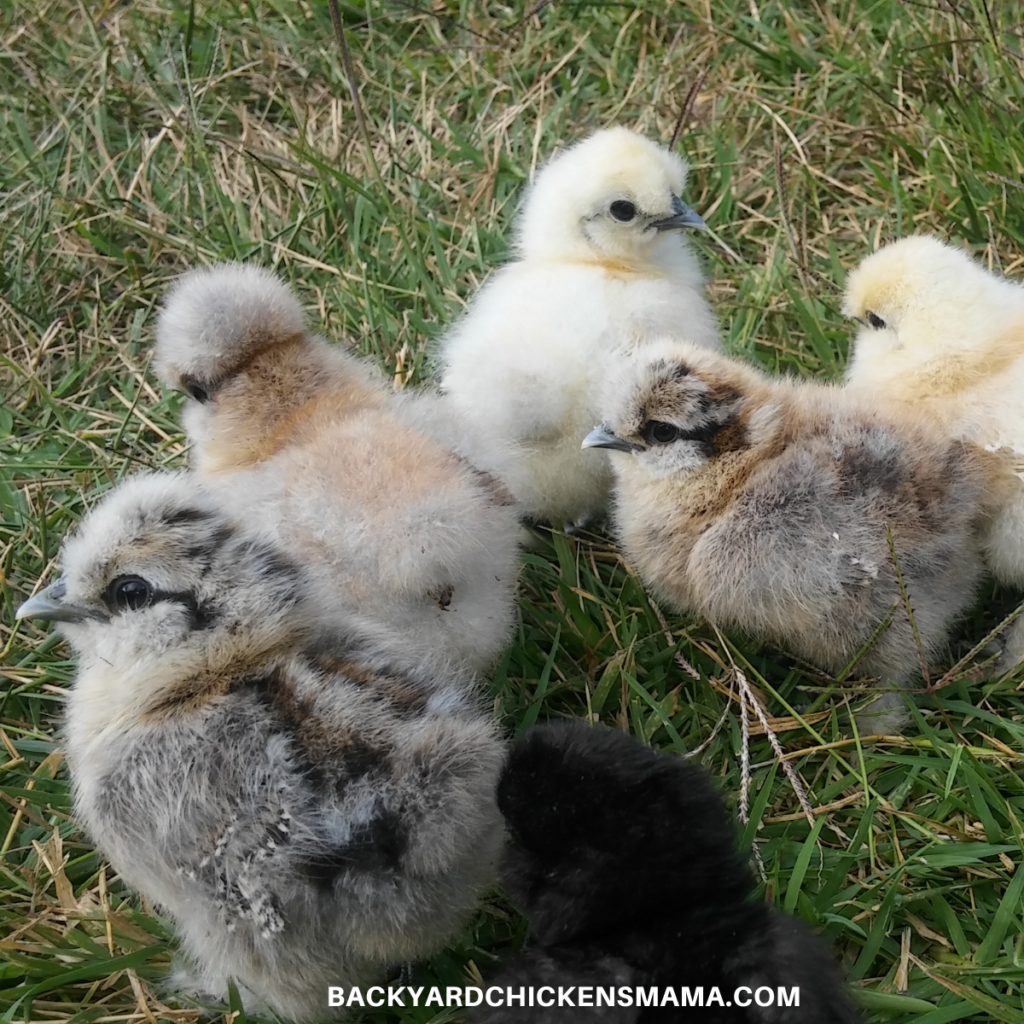
- Blue Silkie
- White Silkie
- Buff Silkie
- Black Silkie
- Partridge Silkie
- Grey Silkie
- Splash Silkie
#2 Silkie Chickens Have a Very Unique Appearance
- Silkies plumage is so fluffy and soft, like silk or satin.
- They are so unique in appearance, once you see one you will never forget them!
- Underneath all their “fluff” is black skin, black muscles and even black bones!
- Silkies have turquoise ear lobes!
- Well bred Silkies have 5 toes on each foot, unlike other chicken breeds that have only 4.
- Silkies cannot fly because their feathers don’t stick together with barbs like other chickens.
- Many chicken owners use their silkies to hatch other chicken or duck eggs because of their extreme broodiness.
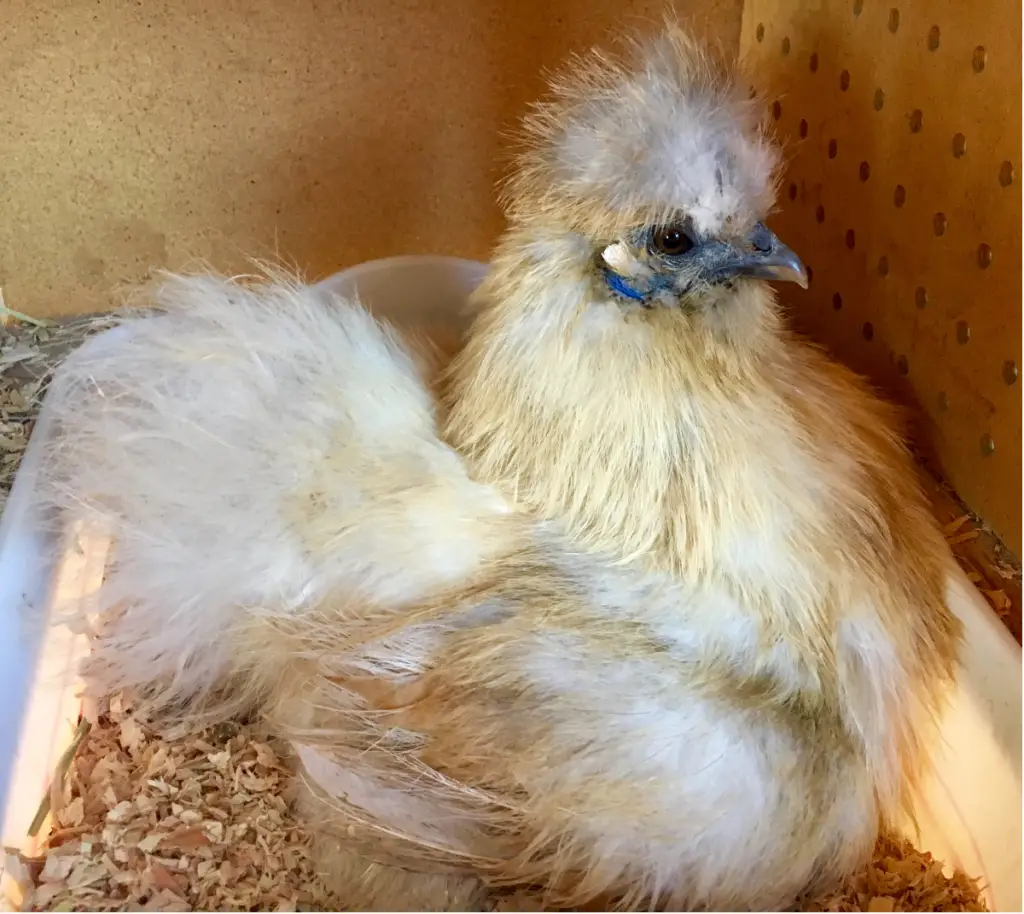
#3 Silkie Chickens are the Most Broody Breed
The Silkie chicken breed is known as a “broody breed.” Silkie hens can often be seen sitting on a clutch of eggs, trying to hatch them out, even if they are not fertile.
Silkie hens are very motherly and will sit on any coop mates eggs to try to hatch them out.
They can also be very difficult to break them of their broodiness. I have had to put a few of my broody silkies in “chicken jail” or isolation to break them of their broodiness.
If your goal isn’t to have your Silkie hatch out a clutch of eggs, it is best to break her of her broodiness. Otherwise she will sit there for weeks on end, hoping to hatch out some baby chicks.
This can get detrimental to her health if it goes on for too long. Hens that are sitting on a clutch of eggs, only get off the eggs about once a day to poop, eat and drink.
#4 Silkies Need Special Care
Why Do Silkies need special care?
1.Silkies have a harder time maintaining their body temperature in cold weather. Most chickens have downy feathers that trap little air pockets of their body heat, silkies don’t.
2. Make sure that you have a place for your silkie to retreat to, such as their hen house, barn or garage where they can get out of the elements.
3. Silkies plumage can get wet, unlike regular chickens feathers that repel water. Make sure that your silkie is not wet when they are going to roost at night.
4. Giving a little treat of chicken scratch, late in the evening before they roost, will help them to maintain their body heat, because their body will be working to digest the calories consumed.
5. Sometimes Silkies plumage around their eyes makes it difficult for them to see. It’s ok to trim the feathers around their eyes. It’s best to have someone else hold your silkie, wrapped in a towel, while you trim around the eyes. The feathers will grow back with the next molt.
6. Because Silkies cannot see very well, (due to feathers covering their field of vision) it is important not to let them free range without supervision. Roosters are good at alarming their hens of oncoming predators.
7. Because Silkies cannot fly, it is important to have a nesting box and perch available at a lower level. This also makes them more susceptible to an attack by a predator.
#5 Silkie Chickens Egg Color and Laying Frequency
- If you are looking for a chicken that lays a lot of eggs, Silkies are not the breed.
- Silkies lay around 100 small, various shades of off-white eggs per week.
- They tend to go broody often, sitting on coop mates eggs in the nest box. During this time they do not lay any eggs.
- Silkies begin laying eggs around 7-9 months of age, which is a little later than the average chicken.
#6 Silkie Chickens Have a Unique Personality
- They are a calm and very docile breed.
- Silkies are one of the friendliest chicken breeds and one of the most sought after chickens for families with children.
- They make a perfect pet for children (and adults) and will willingly sit on your lap!
- Silkies enjoy being hugged and snuggled and will happily let you give them all the love and attention.
- They are very maternal and are often seen hatching and mothering other coop mates chicks, including ducks and turkey.
#7 Silkie Chickens Have a Unique Background
Silkies are believed to have come from China, originating in Southeast Asia, sometime before the 1200’s.
In China, they were known as “Wu-gu-ji,” which means “black boned.” They were believed to have medicinal purposes.
Their skin and meat were said to help with anemia, female reproductive problems and diabetes. Eating the meat of this chicken was said to increase your immunity, build muscles and increase your energy.
In the 13th century, Marco Polo wrote about this breed in his journal, referring to them as a “silkie chicken.” I guess you can say this is where Silkies got their claim to fame!
Silkies made their way to Europe in the 1800’s. There were many dishonest breeders that sold this breed to the public as a cross between a chicken and a rabbit.
Silkies were often seen in circus side shows or “freak shows” and presented as a cross between a mammal and bird.
#8 How long do Silkie Chickens live for?
Silkies live on average about 9 years, but with lots of TLC have been known to live even longer! Some people think of Silkies as fragile chickens, but they can be pretty tough, spunky little chickens, standing up for themselves, not always at the bottom of the pecking order.
#9 Do Silkie chickens lay edible eggs?
Silkies lay approximately 100 small, off-white delicious tasting eggs per year. They would lay more, but because of their broodiness in nature, they spend a lot of time sitting on eggs, including their coop mates, trying to hatch them!
#10 Are Silkies noisy?
Silkies tend to be a little less noisy than other chicken breeds. Hens tend to make noise after they lay an egg with her “egg song.” Silkie roosters are not as loud as other breeds, BUT I have had a couple that didn’t have a problem belting out a loud “cock a doodle doo.” You would think that because they are so much smaller than other chicken breeds, they would be quieter. This is not always true.
#11 Do Silkies roost at night?
Most Silkie chickens do not roost at night, instead prefer to nest in bedding with other Silkies. They do not fly and have trouble getting up to high places. If you provide a roost that is low enough, this can encourage them to roost at night.
Encouraging them to roost is best so they are safer from attack from predators such as mice and snakes at ground level.
#12 How hot is too hot for Silkie Chickens?
Young Silkie chicks can tolerate temperatures up to 100 degrees, but older Silkies will begin to feel uncomfortable when the temperatures pass 85 degrees. Make sure that you offer a shaded, cooler spot for your chickens to retreat to when temperatures rise. Switch out their water more frequently during the day to provide them with fresh, cool water.
#13 How cold is too cold for Silkie Chickens?
Silkie chickens can tolerate cooler temperatures better than you think, but you need to make sure they have a shelter to protect them from rain and wind and have other coop mates to huddle with. If this is provided for them, they should do just fine with temperatures down to 0 degrees.
#14 At what age do Silkies start laying eggs?
Silkies begin laying eggs on average by 7-9 months. This is a little later than the average chicken which is around 6 months. Some Silkie owners even find that they don’t see their first egg until about 1 year. Weather can affect when a hen begins laying. When the daylight hours get shorter and the weather is cooler, chickens will wait until the following Spring to begin laying.
Conclusion: 14 Rare Facts About Silkie Chickens You Need to Know
If you are looking to purchase a Silkie chicken it is important to keep the following points in mind:
- Silkies come in 7 different recognized varieties and can be either bearded or non-bearded.
- If you are looking for a hen that lays an abundance of eggs, this is not the best breed, laying only around 100 small eggs per year.
- Silkies begin laying eggs later than the average hen, at about 7-9 months of age.
- This is one of the friendlies breeds out there and make great family pets, especially for children!
- They DO need special care:
- Silkies cannot fly, so make sure that you have perches low enough for them.
- Silkies cannot see very well due to their feathers covering their eyes, so are prone to predator attacks. They need to be protected from predators, more than the average chicken.
- They get cold easier due to the type of feathers they have. House them with other chickens so they can huddle together to keep warm at night.
14 Rare Facts about Silkie Chickens You Need to Know– https://www.backyardchickensmama.com/silkie-chickens/

